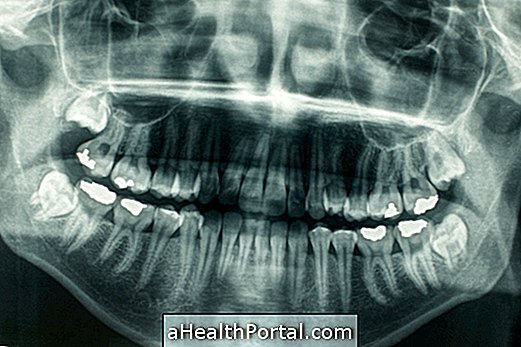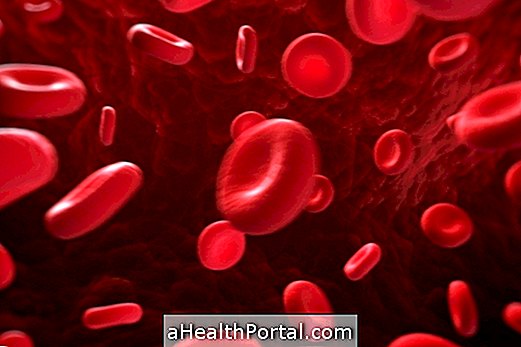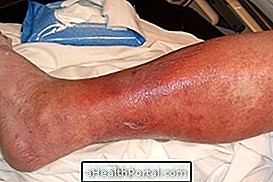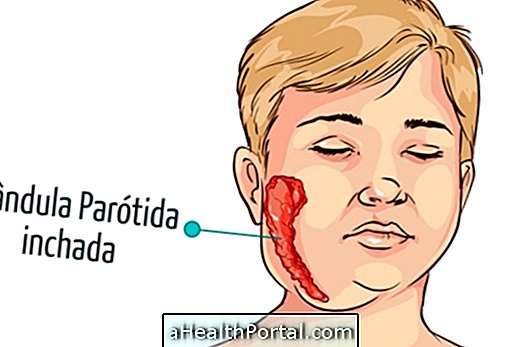Wiskott-Aldrich syndrome is a genetic disease that compromises the immune system involving T and B lymphocytes and the blood cells that help control bleeding, platelets.
Symptoms of Wiskott-Aldrich Syndrome
Symptoms of Wiskott-Aldrich syndrome include:
- Decreased number of platelets, causing frequent bleeding;
- Diarrhea with blood;
- Nasal and gingival bleeds;
- Successive infections, such as otitis, pneumonia and
- Dark spots on the skin, known as eczema.
Diagnosis of Wiskott-Aldrich Syndrome
The diagnosis of Wiskott-Aldrich syndrome is done through a DNA test that indicates the presence of the genetic change linked to the X chromosome.
Treatment for Wiskott-Aldrich Syndrome
The most appropriate treatment for Wiskott-Aldrich Syndrome is bone marrow transplantation. Other forms of treatment are the removal of the spleen, since this organ destroys the small amount of platelets that the carriers of this syndrome have, the application of hemoglobin and the use of antibiotics.
The life expectancy for patients with this syndrome is low, those who survive after age ten usually develop tumors such as lymphoma and leukemia.

















